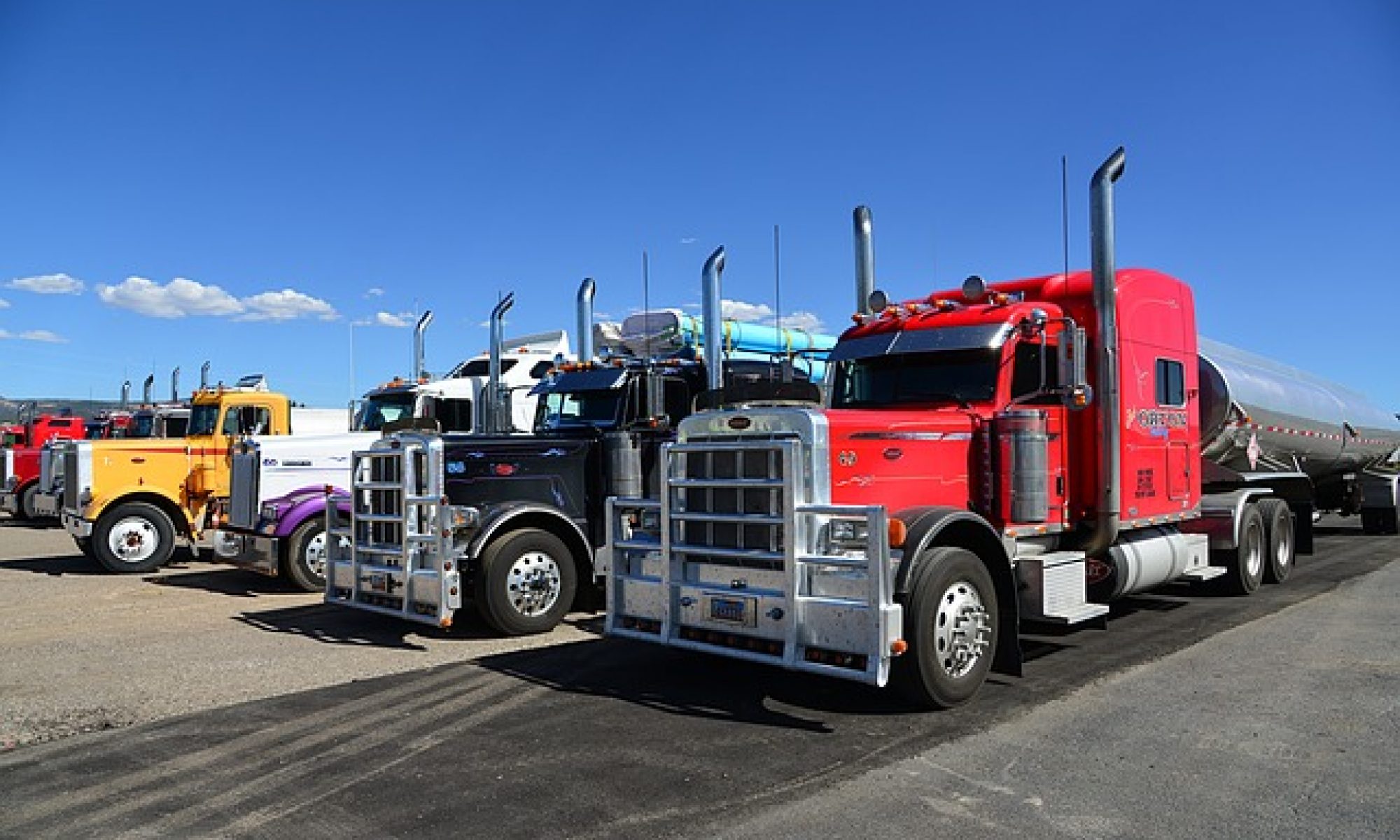Fall River’s Historic Mill Foundations Create Unique Challenges for Modern HVAC Installations in 2025
Fall River, Massachusetts, stands as a testament to America’s industrial past, with over 120 cotton textile mills once operating in the city during its heyday as the leading cotton textile center in the United States, with about 65 historic textile mills remaining today. While these architectural marvels contribute to the city’s rich heritage, they present significant challenges for homeowners and businesses seeking to install modern HVAC systems in 2025.
The Foundation of the Problem
The industrial legacy of Fall River runs deep – literally. Many of the original mills were built directly over the Quequechan River with lower stories constructed from field stone acquired from nearby sources, creating foundations that were engineered for textile machinery, not modern HVAC equipment. These foundations laid the industrial groundwork that would define the city for generations, but they now complicate contemporary comfort solutions.
The older buildings and historical homes of Fall River often present complexities in HVAC installations and replacements, driving the need for experienced HVAC contractors who can navigate these challenges. The stone and masonry foundations, designed in the 1800s and early 1900s, weren’t built to accommodate modern ductwork, electrical systems, or the structural modifications required for today’s efficient heating and cooling systems.
Modern HVAC Challenges in Historic Structures
Installing HVAC systems in Fall River’s historic buildings requires specialized expertise and careful planning. Preserving a building’s structural integrity while installing new HVAC systems is crucial, as heavy equipment could damage old frameworks if not carefully managed, requiring engineers to reinforce certain areas before installation and ensure modifications don’t affect the building’s foundation or load-bearing walls.
The unique challenges include:
- Foundation Access: Massachusetts building codes require specific access openings in foundations for HVAC equipment, with openings not less than 18 inches by 24 inches, and passageways large enough to allow replacement of any part of the equipment
- Structural Limitations: Old buildings were not designed to carry modern technology and weight, making it crucial to avoid adding extra weight that could damage the structure
- Space Constraints: Historic structures weren’t designed for modern ductwork and equipment, often requiring creative solutions due to limited space
Expert Solutions for Fall River’s Historic Buildings
Successfully installing HVAC systems in Fall River’s historic properties requires contractors who understand both modern technology and historic preservation. Detailed planning is crucial for success, with 3D modeling tools offering a visual way to anticipate problems before they occur by creating a digital twin of the space to plan HVAC placement without clashing with existing elements.
Professional HVAC contractors in the region have developed specialized approaches, including:
- Mini-Split Systems: These require minimal structural modification and can work around existing foundations
- High-Velocity Systems: Small-duct systems are considered the better choice for HVAC installations in historical buildings
- Geothermal Solutions: Geothermal heat pumps use the earth’s stable temperature and are great for historic buildings because they’re hidden underground, with little impact on the building’s appearance while ensuring efficient heating and cooling without altering historical features
Choosing the Right HVAC Contractor
When dealing with Fall River’s unique industrial legacy, selecting an experienced contractor is crucial. Companies like Dempsey Energy understand the complexities involved in these installations. At Dempsey Energy, they understand that home comfort depends on reliable HVAC, plumbing, electrical and energy systems, and for over 30 years, families across Massachusetts have trusted them to keep their homes running efficiently and comfortably.
For property owners in Fall River and throughout Bristol County, working with a qualified HVAC Contractor Bristol County, MA who has experience with historic buildings can make the difference between a successful installation and costly complications. With fast, same-day repairs, fully stocked trucks, and 24/7 emergency services, experienced contractors ensure homes stay safe, comfortable, and stress-free.
Planning Your HVAC Installation
Before beginning any HVAC project in a historic Fall River property, several factors must be considered:
- Structural Assessment: Professional evaluation of foundation integrity and load-bearing capacity
- Permit Requirements: In Massachusetts, permits are required for new HVAC installations, with fees typically ranging from $11-$15 for every $1,000 of project cost
- System Sizing: Heating and cooling equipment must be sized in accordance with ACCA Manual S based on building loads calculated using ACCA Manual J or other approved methodologies
- Historical Preservation: Ensuring compliance with any local historic district requirements
The Future of HVAC in Fall River
As Fall River continues to balance preservation with modernization, the demand for skilled HVAC contractors who can work within the constraints of historic foundations will only grow. There’s a growing emphasis on sustainable living and eco-friendly solutions, with contractors reporting a significant rise in inquiries about geothermal heating and cooling systems known for their high efficiency and environmentally friendly operation.
The key to successful HVAC installation in Fall River’s historic buildings lies in understanding that each project is unique. The industrial foundations that once powered America’s textile industry now require careful consideration and expert craftsmanship to accommodate modern comfort systems. By working with experienced contractors who appreciate both the historical significance and technical challenges of these structures, property owners can enjoy modern comfort while preserving Fall River’s industrial heritage for future generations.

